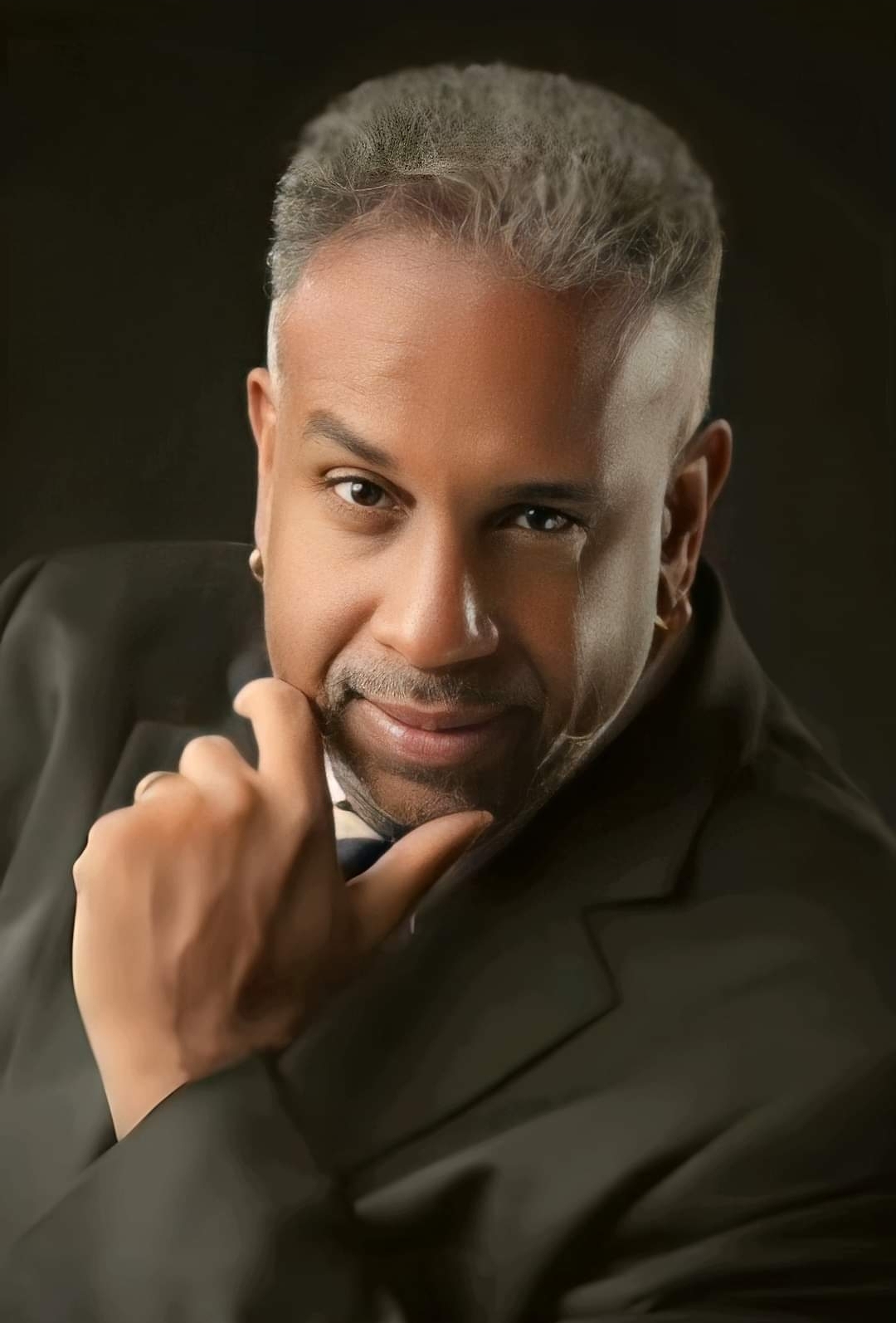Q: What were some of the best business books for 2006?
A: After reviewing several “business bestseller” lists for the year, and reflecting on books I have read, I selected three titles that I feel are some of the best business books for 2006. Each of these titles has spent some time on a bestseller list with The World is Flat and Freakonomics being on a bestseller list for part of 2005 and all of 2006. In addition, these titles are of particular interest because they address some of the latest trends in our society and do so in unique and insightful ways.
The World is Flat by Thomas Friedman
Summary by publisher Farrar, Straus and Giroux
 An expanded and updated version is now available and contains over a hundred new pages of reporting and commentary by author Thomas Friedman. This book is a timely account of the great changes taking place in our world, as lightning-swift advances in technology and communications put people all over the globe in touch as never before, creating an explosion of wealth in India and China, and challenging the rest of us to run even faster just to stay in place.
An expanded and updated version is now available and contains over a hundred new pages of reporting and commentary by author Thomas Friedman. This book is a timely account of the great changes taking place in our world, as lightning-swift advances in technology and communications put people all over the globe in touch as never before, creating an explosion of wealth in India and China, and challenging the rest of us to run even faster just to stay in place.
Friedman shows "how and why globalization has now shifted into warp drive" (Robert Wright, Slate) and brilliantly demystifies the new flat world for readers, allowing them to make sense of the often bewildering scene unfolding before their eyes. With his inimitable ability to translate complex foreign policy and economic issues, he explains how the flattening of the world happened at the dawn of the twenty-first century; what it means to countries, companies, communities, and individuals; how governments and societies can, and must, adapt; and why terrorists want to stand in the way. More than ever, The World Is Flat is an update on globalization, its successes and discontents, powerfully illuminated by one of our most respected journalists.
Freakonomics: A Rogue Economist Explore the Hidden Side of Everything by Steven D. Levitt and Stephen J. Dubner
Summary by publisher Harper Collins
 Which is more dangerous, a gun or a swimming pool? What do schoolteachers and sumo wrestlers have in common? Why do drug dealers still live with their moms? How much do parents really matter? What kind of impact did Roe v. Wade have on violent crime? These may not sound like typical questions for an economist to ask. But Steven D. Levitt is not a typical economist. He is a much heralded scholar who studies the stuff and riddles of everyday life — from cheating and crime to sports and child rearing — and whose conclusions regularly turn the conventional wisdom on its head. He usually begins with a mountain of data and a simple, unasked question. Some of these questions concern life-and-death issues; others have an admittedly freakish quality. Thus the new field of study contained in this book: freakonomics.
Which is more dangerous, a gun or a swimming pool? What do schoolteachers and sumo wrestlers have in common? Why do drug dealers still live with their moms? How much do parents really matter? What kind of impact did Roe v. Wade have on violent crime? These may not sound like typical questions for an economist to ask. But Steven D. Levitt is not a typical economist. He is a much heralded scholar who studies the stuff and riddles of everyday life — from cheating and crime to sports and child rearing — and whose conclusions regularly turn the conventional wisdom on its head. He usually begins with a mountain of data and a simple, unasked question. Some of these questions concern life-and-death issues; others have an admittedly freakish quality. Thus the new field of study contained in this book: freakonomics.
Through forceful storytelling and wry insight, Levitt and co-author Stephen J. Dubner show that economics is, at root, the study of incentives — how people get what they want, or need, especially when other people want or need the same thing. In Freakonomics, they set out to explore the hidden side of … well, everything. The inner workings of a crack gang. The truth about real-estate agents. The myths of campaign finance. The telltale marks of a cheating schoolteacher. The secrets of the Ku Klux Klan.
What unites all these stories is a belief that the modern world, despite a surfeit of obfuscation, complication, and downright deceit, is not impenetrable, is not unknowable, and — if the right questions are asked — is even more intriguing than we think. All it takes is a new way of looking. Steven Levitt, through devilishly clever and clear-eyed thinking, shows how to see through all the clutter. Freakonomics establishes this unconventional premise: If morality represents how we would like the world to work, then economics represents how it actually does work. It is true that readers of this book will be armed with enough riddles and stories to last a thousand cocktail parties. But Freakonomics can provide more than that. It will literally redefine the way we view the modern world.
The Long Tail: Why the Future of Business is Selling Less of More by Chris Anderson
Summary by Soundview Executive Book Summaries
 Although we still obsess over hits, they are not quite the economic force they once were. With this fundamental hypothesis, Chris Anderson begins an important discussion about what happens when everything in the world becomes available to everyone. Anderson says we live in "a market of multitudes," where millions of items may sell only a few copies at a value that could be higher than the "hits" – those few items that sell millions each.
Although we still obsess over hits, they are not quite the economic force they once were. With this fundamental hypothesis, Chris Anderson begins an important discussion about what happens when everything in the world becomes available to everyone. Anderson says we live in "a market of multitudes," where millions of items may sell only a few copies at a value that could be higher than the "hits" – those few items that sell millions each.
Anderson defines the "Long Tail" in Chapter 1 by discussing Internet-based retailers Rhapsody (music), Netflix (DVDs) and Amazon (books and merchandise). The assumption that the most popular products bring in the most important sales is flawed, he says. Amazon, for example, has 100,000 top titles, but 25 percent of its total sales come from outside those titles. For Amazon, the Long Tail is the nearly 4 million books beyond the top sellers that consumers buy in small numbers. Anderson says these millions of "fringe sales" are cost-effective, because online retailers have no shelf-space to pay for. In fact, most successful Internet businesses make money from the Long Tail: Google from small advertisers and eBay from collectibles are just two examples.
Anderson takes us on a journey of how and why the world became focused on infinite choice. He discusses how it came to be that there are far more niche goods than "hits," why the cost of reaching niches is falling, and how this leads to a flatter demand curve – making the hits relatively less popular and the niches consequently more significant. Anderson recognizes that a Long Tail world is filled with "abundant choices," but he claims that technology such as recommendations and filters "encourage more exploration, not less." He views limitless choice as driven by consumer demand.



